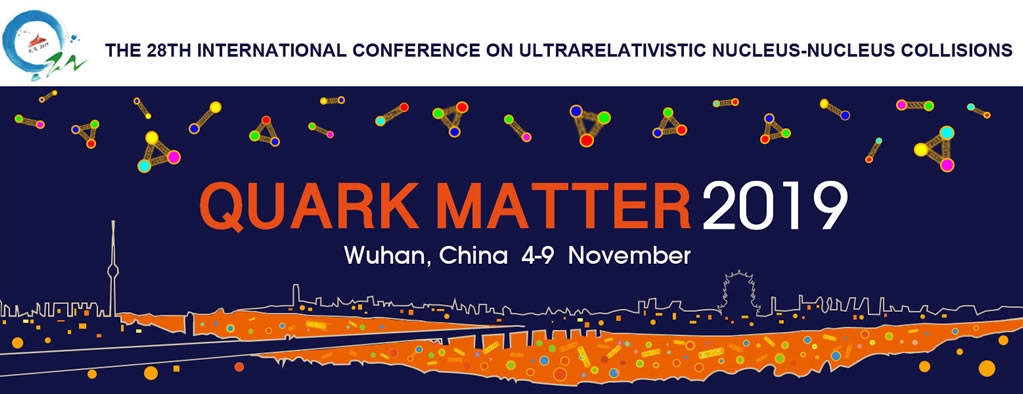Speaker
Description
The measurement of low-energy cosmic anti-deuterons may reveal the existence of exotic processes such as dark-matter annihilation, since the production rate of these ions through ordinary secondary processes is very low. However, the lack of experimental data at low energies, where both the anti-deuteron production and inelastic cross sections are very poorly known, prevents precise predictions of anti-deuteron fluxes near Earth.
In ultra-relativistic collisions of protons and lead ions at the CERN LHC, matter and anti-matter is produced in almost equal abundances. This allows us to study the production cross sections of (anti-)deuterons with high precision as well as to measure the absorption process of produced (anti-)deuterons in the detector material.
In this talk we present the first results on the anti-deuteron absorption cross section in the ALICE detector material. The analysis is performed with p-Pb data collected $\sqrt{s_{\rm NN}}$ = 5.02 TeV. The reconstructed anti-deuteron to deuteron ratio is compared to the results from full-scale GEANT4 simulations of the ALICE detector. Experimental constraints on the anti-deuteron nuclear inelastic cross-section are extracted in the momentum range between 0.5 and 4.0 GeV/$c$. Finally, we discuss the implications of these results for indirect Dark Matter searches using cosmic anti-deuterons.




